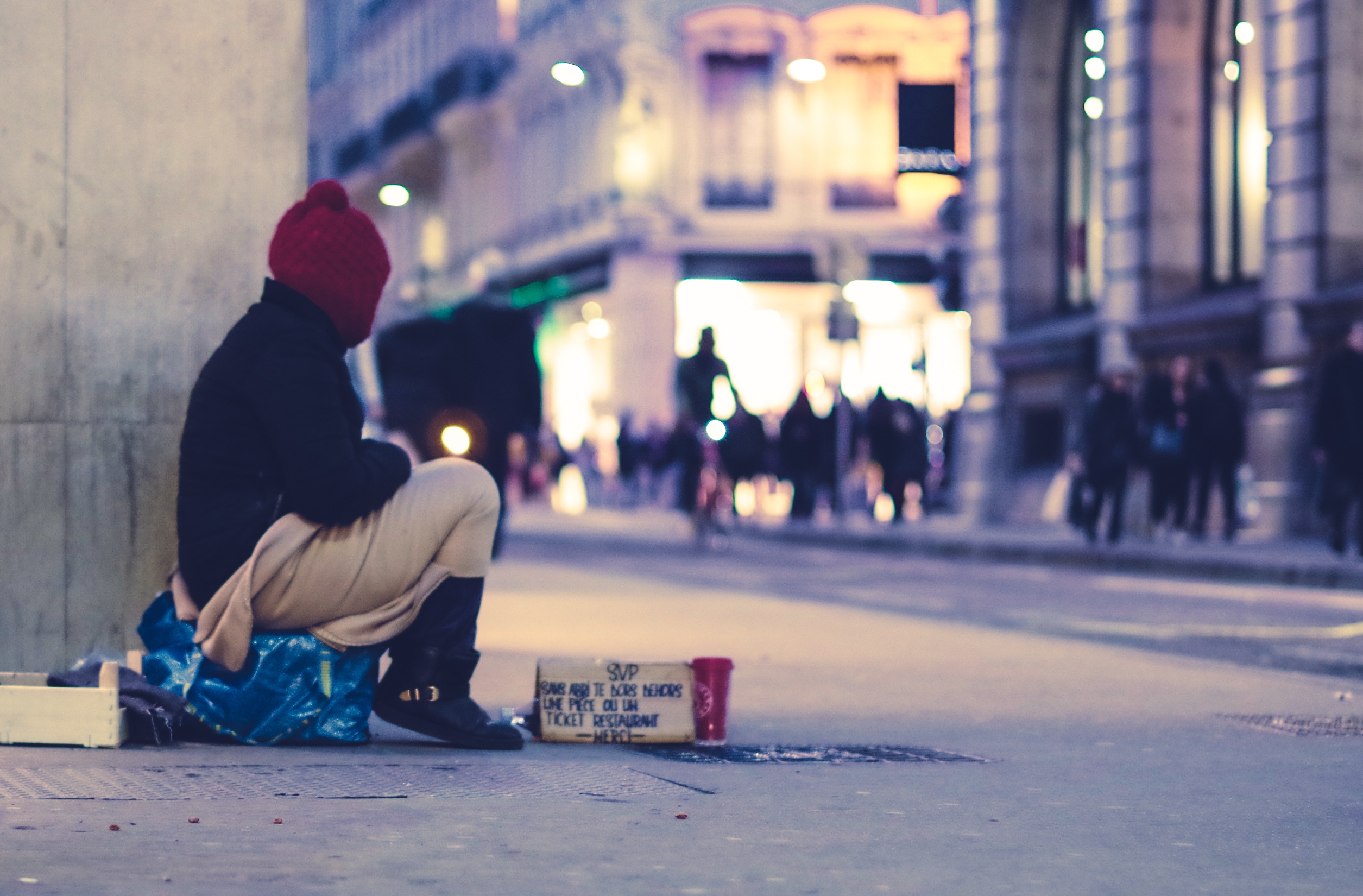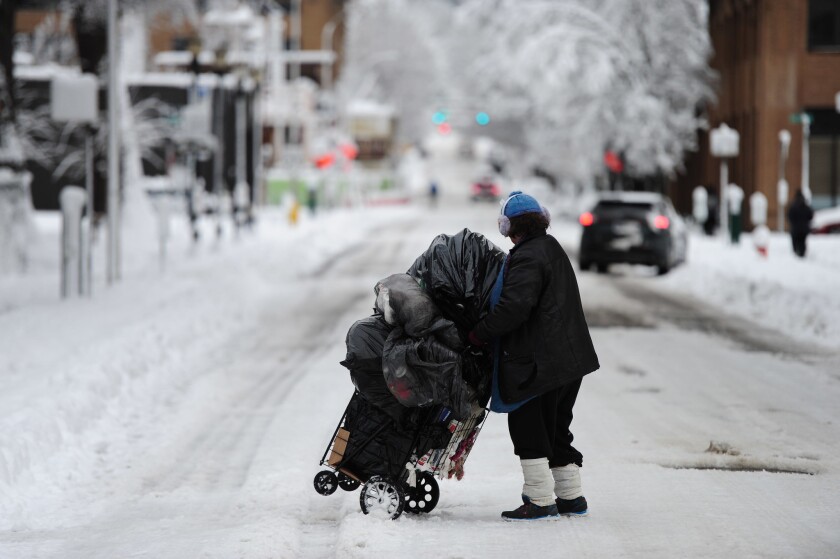Like many other states, Oregon is struggling to find solutions for the growing homeless population. Take a drive or a walk through Portland, Eugene, or Salem and it is easy to see how much this struggle has increased.
Oregon has a total homeless population of 14,476, the seventh most in the nation. When compared to states that ranked higher such as California which is in the top spot with a homeless population of 129,927, it is easy to think Oregon is better off and has a stronger hold on the problem. However, what we need to consider is the homeless population per x amount of people, this statistic is what truly sheds light on the issue, as states that are struggling have a wide ranges of size and population.
For every 100,000 people in Oregon, about 349 or homeless. And 328 of every 100,000 in California are homeless. Eugene, Oregon struggles the most with a homelessness rate of 432 per 100,000 compared to Los Angeles 396 per 100,000.
For so long we have seen major US cities such as Los Angeles as being the epicenter of homelessness in the nation. Now it is time to understand this issue's increasing in our mid size cities, our Portlands and our Eugenes. We now know these cities are already overtaking larger cities when we compare the homelessness rate per 100,000. With this knowledge, it is time to start fighting in Oregon as if we are a much larger state. More resources need to be made available by the state, and we need to report on the crisis not by total population of homeless, but by percentage of homeless.
To see more statistics like these click here: https://www.security.org/resources/homeless-statistics/









